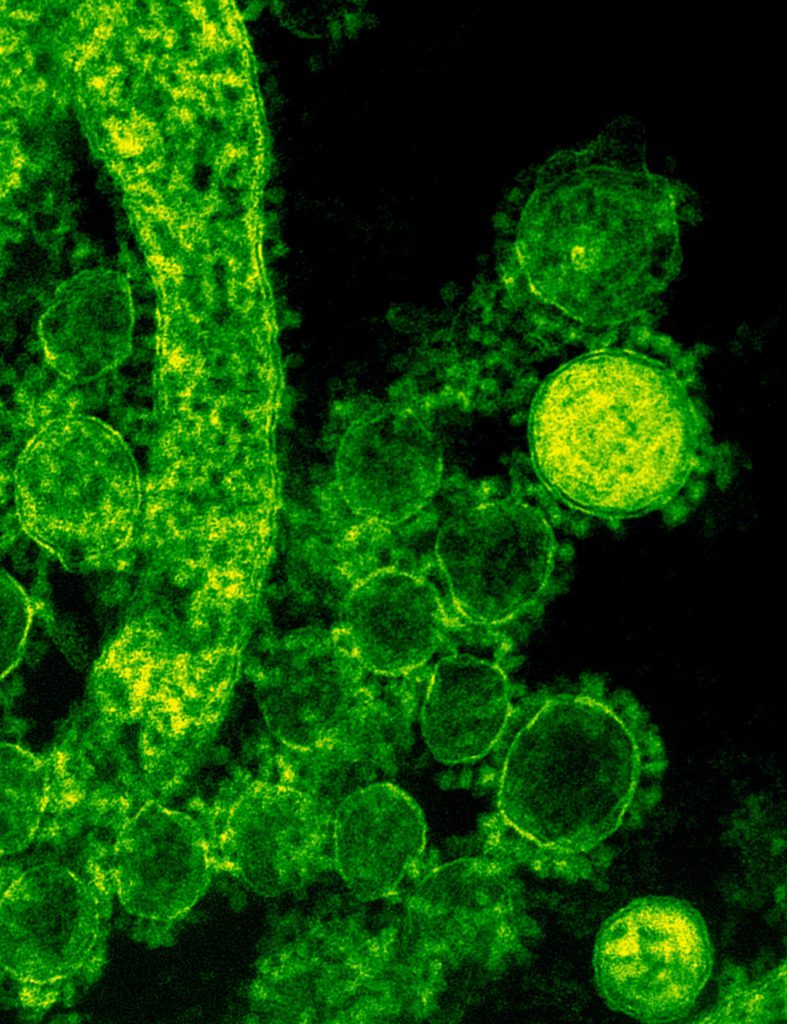Australian-based dietitian Jo Liech (MSc Nutrition and Dietetics) runs a lively site. Diets vs Disease, where you will find evidence-based information about weight loss, hypothyroidism, auto-immune issues, supplement reviews, meal plans, and, of course, information about low FODMAP diets. Dietitians at Four Seasons Dietetics specialize in treating people with IBS. They received accredited training at Monash University in low-FODMAP dieting. It is recommended you see a qualified dietitian specialising in teaching a Low-FODMAP diet. FODMAP intolerances are different to other conditions which have one single cause and one easy solution. They may affect each person in different ways, so they need a tailored approach to treatment.
A specialist FODMAP dietitian can tailor the diet to meet your individual nutrient needs. Recommend appropriate lower FODMAP alternatives, and provide the necessary support to make sure that both the elimination and reintroduction phases are done properly. For best results, studies show the diet should be done under the supervision of a FODMAP-trained dietitian. People who do not find appropriately qualified FODMAP specialists, or who attempt to do it on their own. They do not usually achieve the results that they expected for their diet.
Shepherd Works highly encourages firstly seeing a health care professional to diagnose. Then working through symptoms and diet with Shepherd Works expert nutritionists to make sure that the low-FODMAP diet. The Gastroenterological Society of Australia advises that low FODMAP diets should be guided and assessed by a qualified practising dietitian. While FODMAPs are not a primary cause of IBS. Several studies are now showing that FODMAPs may be the food triggers of the symptoms of IBS and Functional Gut. A low FODMAP diet is now written into a therapeutic handbook as a recommended food therapy for the symptoms of IBS in Australia.
 FODMAPs do not cause the development of IBS. However, they may trigger its symptoms in those people who do have it. FODMAPs are collections of short-chain carbohydrates, or sugars, that your intestines cannot absorb properly. They may contribute to the symptoms of IBS. In some individuals, stomach symptoms may be triggered by specific foods, particularly by a group of poorly absorbed, quickly fermentable carbohydrates known as FODMAPs. IBS sufferers are sensitive to FODMAPs, while others may be able to tolerate these sugars. The bacteria will then digest/ferment Fermentable Oligosaccharides and may trigger symptoms of Irritable Bowel Syndrome (IBS).
FODMAPs do not cause the development of IBS. However, they may trigger its symptoms in those people who do have it. FODMAPs are collections of short-chain carbohydrates, or sugars, that your intestines cannot absorb properly. They may contribute to the symptoms of IBS. In some individuals, stomach symptoms may be triggered by specific foods, particularly by a group of poorly absorbed, quickly fermentable carbohydrates known as FODMAPs. IBS sufferers are sensitive to FODMAPs, while others may be able to tolerate these sugars. The bacteria will then digest/ferment Fermentable Oligosaccharides and may trigger symptoms of Irritable Bowel Syndrome (IBS).
Because of this, some FODMAPs cause stress in the intestines, and they usually lead to diarrhoea. Some FODMAPs are very osmotic (they pull water into the gut). This regular exposure to FODMAP means that they may build up in the digestive system, causing symptoms. It is helpful to know easily which FODMAPs are present in a meal so that you can minimize the stacking of FODMAPs. Yes, stacking is essentially when we consume the same FODMAPs at successive meals or over several hours. Even though we are consuming them in lower FODMAP amounts. People with symptoms of IBS might find that avoiding foods with high FODMAPs is beneficial.
This diet does not cure IBS, but an IBS dietitian works by helping individuals determine what groups of FODMAPs are triggering their symptoms. Using the Challenge Protocol, determining how much of the food group they can tolerate. The second stage is when the types and amounts of FODMAPs an individual can tolerate are identified so that their long-term diet can be established. Phase 2 involves re-liberating foods in your diet. Phase 2 identifies the foods with FODMAPs that are triggering symptoms in the gut. For 3-6 weeks, you will avoid foods that are high in all FODMAP groups. Dietitians can then evaluate how well you responded to the restrictions in general.
Two of the major assessments made are whether implementing the restricted diet is appropriate for you and how it is tailored for the person. Education and Interventions (approximately 30 minutes). If it is determined that a 3 phase fermentation oligo- is appropriate. Then a nutritionist would then educate the person about normal gut physiology and pathophysiology for DGBI. Including related concepts of visceral hypersensitivity and altered intestinal motility, what FODMAPs are, their mechanisms of action, and sources of foods.
The dietitian would also give the individual information for implementation of Phase 1 of The 3-phase fermentable oligo. Including suitable lower-FODMAP alternatives for inclusion. Access to a dietitian may be limited, and challenges arise in applying this diet across a broad cultural spectrum, for example, with the limited analysis of FODMAPs in the local foods.
In the retrospective assessment of 80 patients with IBS, implementation of the FODMAP-restricted FODMAP diet by patients was associated. With over twice as much intake of FODMAPs in the restrictive phase as was the case with dietitian-led intervention. The low-FODMAP diet was developed by researchers from Monash University, Victoria, to help individuals with IBS manage symptoms. Researchers from Monash University in Victoria have identified what foods are low in FODMAPs. This research helps people with IBS determine what foods they should be eating or avoiding.
The PhD research has shown that FODMAPs can cause symptoms of IBS. Restricting food FODMAPs is therefore an effective treatment in susceptible individuals to symptoms of IBS. Dietitians Australia says implementing a low-FODMAP diet for two to six weeks appears to significantly benefit the majority of IBS sufferers. Fructose, fructan, lactose, sorbitol and xylitol are common examples, and restricting or avoiding foods that contain a lot of FODMAPS can help to control or ease symptoms.

